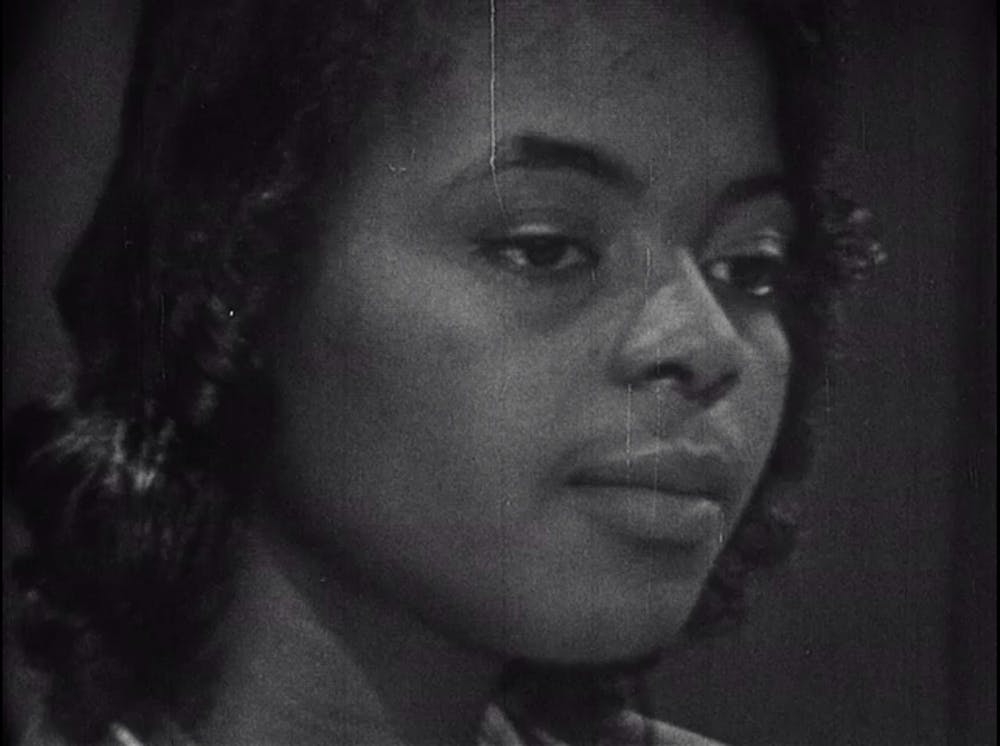An event at the Varsity Theatre is sparking conversations about prejudice.
On Monday, Feb. 10, the Varsity Theatre will host a free event featuring four short documentary films.
These films were made in the 1960s and tackle issues such as race, ethnicity, gender and sexuality. The program, titled “Up Close and Personal: Challenging Prejudice in 1960s Documentary,” was organized by Martin Johnson, a film historian and UNC English assistant professor.
Johnson hand-picked three of the four films from an anthology titled “Screening Race in American Nontheatrical Film,” which was edited byMarsha Gordon, a professor at N.C. State, and Allyson Nadia Field of the University of Chicago.
Both Gordon and Johnson will panel a post-screening discussion, along with UNC professor Charlene Regester and A/V Geeks founder, Skip Elsheimer.
“There’s not a lot of occasions to bring these films out and show them to the public,” Gordon said. “They used to be seen incredibly widely: they used to be seen in classrooms, community centers and churches. The whole idea is to project these films and talk about what they were trying to do when they were made, and how they resonate with us now.”
The documentaries are 16 mm film and vary in topic: The first, titled “Felicia,” is a portrayal of the Los Angeles daughter of a Mexican American mother and a Black father.
“Behind Every Good Man” shows the life of a Black trans woman in L.A.
“Siu Mei Wong: Who Shall I Be” shows the life of a daughter of Chinese immigrants.



